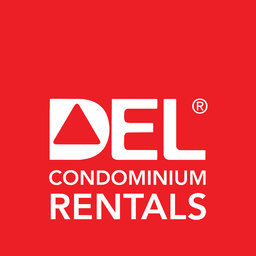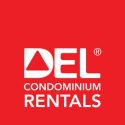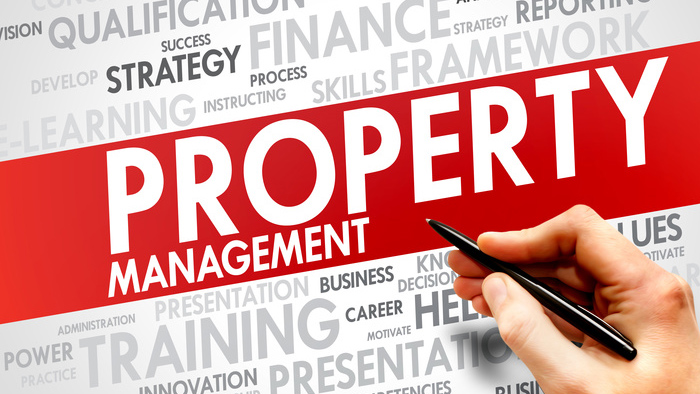10 Dec What Rights Do You Have as a Residential Landlord in Ontario? Understanding the RTA
As a landlord of a condominium unit, you may feel nervous entering into lease agreements with certain tenants. Maybe they don’t have a steady income, or you are unsure about their character references. The good news is, you have certain legal rights to protect you as a landlord in Ontario. So,...


